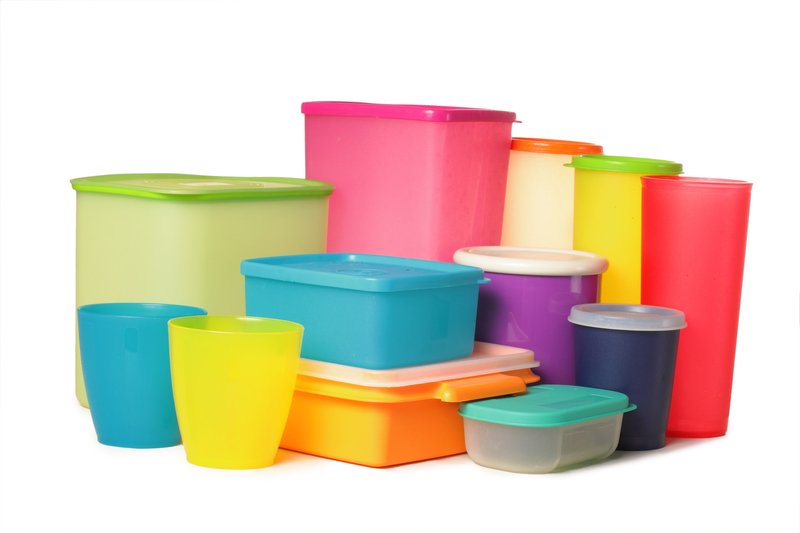Recycling Metals: A Step Toward Eco-Friendly Development
In the modern world, where sustainability and environmental preservation are at the forefront of global concerns, recycling metals has emerged as a pivotal component of eco-friendly practices. Companies, governments, and individuals alike are increasingly recognizing the importance of reusing materials to reduce environmental impact. This comprehensive guide delves into the various aspects of metal recycling, highlighting its significance, benefits, and processes.
The Importance of Metal Recycling
The concept of recycling metals is not new, but its adoption has intensified due to the mounting challenges of resource scarcity and environmental degradation. Metals, unlike other materials, can be recycled indefinitely without losing their properties. This unique feature makes them highly valuable in efforts to reduce waste and save natural resources.
Benefits of Recycling Metals
- Conservation of Resources: Recycling preserves natural resources by reducing the need for raw metal extraction. It allows us to make use of materials that have already been mined, minimizing the environmental destruction caused by mining activities.
- Energy Savings: It takes significantly less energy to recycle metals than to produce new ones from raw ore. For instance, recycling aluminum saves up to 95% of the energy required to process new aluminum from bauxite.
- Reduction in Greenhouse Gas Emissions: By reducing the need for new metal production, recycling significantly cuts down greenhouse gas emissions associated with manufacturing processes, thus contributing to the fight against climate change.
- Economic Benefits: Metal recycling creates jobs in collection, processing, and manufacturing industries. It also lowers production costs for industries by providing them with more affordable raw materials.
- Reduction of Landfill Waste: Diverting metals from landfills reduces the environmental problems associated with waste disposal, such as soil and water contamination.

Commonly Recycled Metals
Several types of metals are routinely recycled due to their wide applications across industries and ease of processing.
Aluminum
Aluminum recycling is perhaps the most famous due to its energy efficiency. Recycled aluminum is used extensively in the packaging industry, particularly in beverage cans. The process of recycling aluminum involves melting scrap aluminum, which is far less energy-intensive than extracting it from ore.
Steel
Steel is the most recycled material in the world. Unlike other materials, steel can be recycled without any loss of quality, making it ideal for extensive applications in construction, automotive, and manufacturing sectors.
Copper
Copper recycling plays a crucial role in satisfying industrial demands while conserving natural resources. It is recycled from electrical wires, electronics, and even plumbing materials, providing essential raw materials for the electrical and electronics industries.
The Metal Recycling Process
The process of recycling metals involves several key steps that transform waste into valuable raw materials suitable for manufacturing.
Collection
Metal recycling begins with collection, where scrap metals are gathered from various sources like households, commercial establishments, and industrial sites. Efficient collection systems are crucial for ensuring that a significant amount of metal is recycled.
Sorting
Once collected, metals are sorted to separate them based on type, quality, and composition. Advanced sorting techniques like magnetic separation, eddy current separation, and spectrometric analysis are employed to ensure materials are correctly identified for subsequent processing.
Shredding
Sorted metals are shredded into smaller pieces to facilitate further processing. Shredding increases the surface area of the metals, allowing them to melt efficiently and removing any non-metallic materials attached to them.
Melting and Purification
In this stage, shredded metals are melted in large furnaces at processed-specific temperatures. The melting process allows impurities to be separated, ensuring the recycled metals meet standard industry specifications.
Solidification and Final Processing
After purification, the molten metal is cooled and solidified into bars, sheets, or ingots, which are then ready for manufacturing. These recycled metal products are indistinguishable from new materials, proving their value and effectiveness in the supply chain.

Challenges and Innovations in Metal Recycling
While metal recycling offers significant advantages, it also faces several challenges that necessitate innovative solutions.
Contamination
One of the primary challenges in metal recycling is contamination due to non-metal impurities. Ensuring meticulous sorting and contamination removal is crucial for maintaining the quality of recycled metals.
Technological Advancements
Technology is a key enabler of efficient recycling processes. Innovations like artificial intelligence (AI) for sorting, advanced furnace technologies for melting, and robotics for collection are driving improvements in recycling efficiency and effectiveness.
Market Fluctuations
The value of scrap metals is subject to market fluctuations, which can impact the economic feasibility of recycling operations. Industries must adapt to these changes by incorporating more resilient and diversified business models.
Conclusion: A Sustainable Future with Metal Recycling
Recycling metals stands as a cornerstone in the journey towards eco-friendly development. With natural resources dwindling and the urgent need to combat climate change, embracing metal recycling is more critical than ever. It is an endeavor that not only reduces environmental impacts but also fosters economic growth and sustainable practices.
As individuals, organizations, and societies recognize the importance of recycling, advocating for better systems and investing in innovative recycling technologies will pave the way for a more sustainable future. Through collective efforts, we can ensure a continuous supply of vital materials while safeguarding the environment for generations to come.